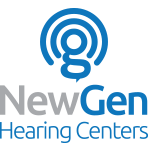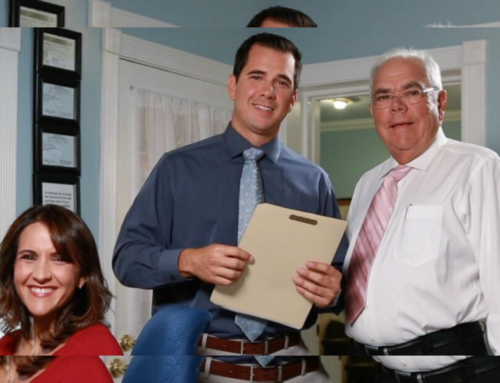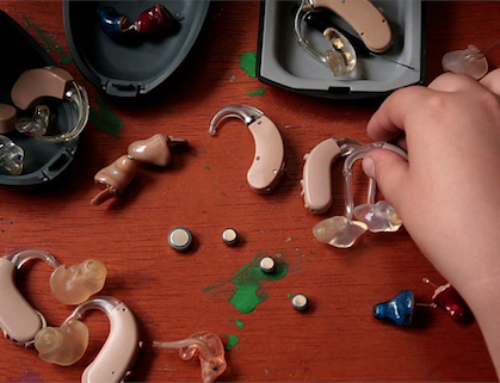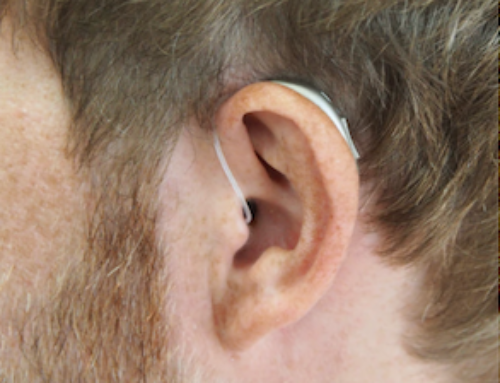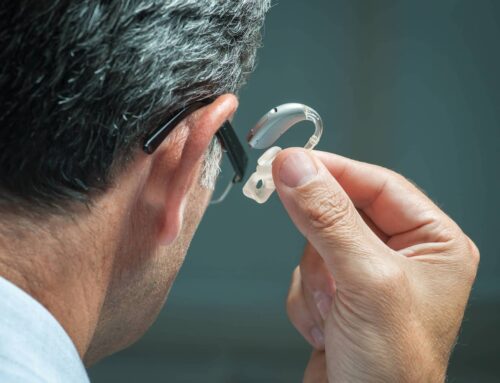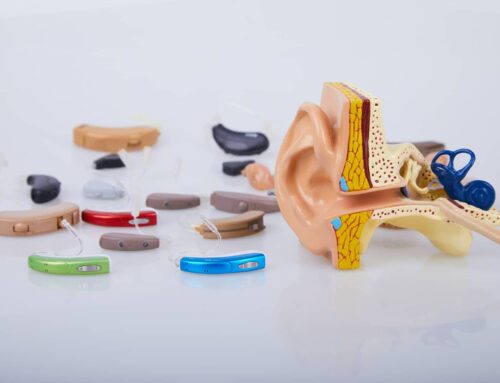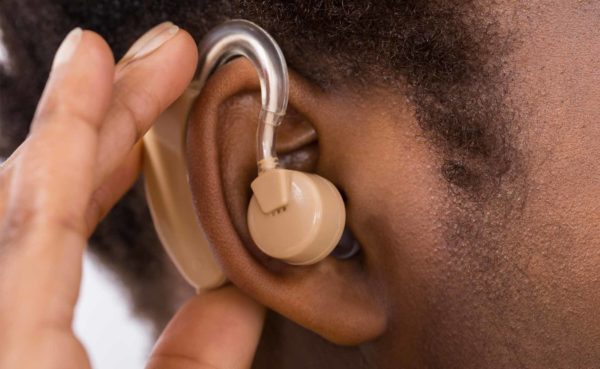 So you’ve taken your audiologist’s advice and are moving forward with purchasing hearing aids, but what’s next? There are quite a few misconceptions about hearing aids and what to expect during your fitting with your audiologist. Prepare yourself for the next stage of your life by getting familiar with what’s to come!
So you’ve taken your audiologist’s advice and are moving forward with purchasing hearing aids, but what’s next? There are quite a few misconceptions about hearing aids and what to expect during your fitting with your audiologist. Prepare yourself for the next stage of your life by getting familiar with what’s to come!
Selecting Your Hearing Aids
First, your audiologist will help you select the best hearing aids to fit your lifestyle needs. Aside from hearing tests, which will measure your comfortability with different pitches and sound levels, you will also discuss your communication needs, lifestyle and preferences. Based on the type of hearing aid you decide on, your audiologist may make a mold of your ear for fitting purposes. This part of the process is one of the major benefits of visiting an audiologist instead of ordering from wholesalers.
Your Hearing Aid Fitting
Upon returning to your audiologist for your fitting, you can expect testing, adjustments, and a tutorial. Before trying on your hearing aids, a thin tube connected to a microphone will be placed in your ear to measure sounds in your ear canal and verify your new aid provides the correct amplification. Next, you will try on your new hearing aids with the tube still in place; this will allow the doctor to test and program your hearing aids for the best hearing experience. Lastly, you’ll be taught how to place and remove your hearing aids and how to care for and maintain your new hearing aids.
Adjusting to Your Hearing Aids
After your fitting, you will be given a trial period to adjust to your new hearing aids. During the first few days, you may experience slight discomfort or irritation. You may also expect your voice to sound differently. It can also take a while to get used to daily care of your hearing aids. Always discuss any discomfort or issues with your audiologist as they arise.
Longterm
After you’ve adjusted to your new hearing aids, there are still a few things to come. You will have follow up visits with your audiologist and battery replacements and repairs will also be necessary. You should expect to replace your hearing aids every 5-7 years. Most importantly, however, you can expect a better quality of life as a result of taking care of your hearing health!
If you are interested in exploring options for improving your hearing loss, take control of your hearing health and contact New Generation Hearing Centers today for a free consultation.
